In the realm of baby nutrition, every parent wants to give their little ones the best start in life. As babies transition from milk to solid foods, it’s essential to introduce them to a variety of nutritious options that will support their growth and development. One often-overlooked ingredient that can provide a host of benefits for babies is tomato paste. In this comprehensive guide, we’ll explore the nutritional value, health benefits, and practical ways to incorporate tomato paste into your baby’s diet.
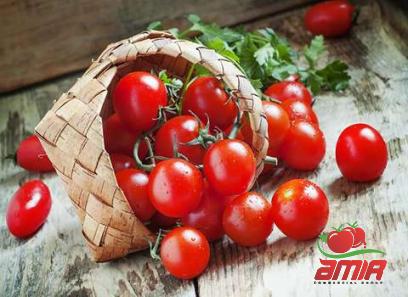
.
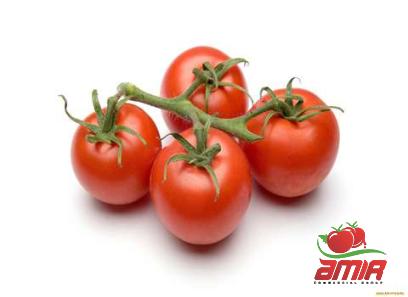 **Nutritional Value of Tomato Paste** Tomato paste is a concentrated form of tomatoes that are rich in essential nutrients for babies. It contains vitamins A, C, and K, as well as minerals like potassium and folate. Vitamin A is crucial for healthy vision and immune function, while vitamin C supports collagen production and iron absorption. Vitamin K is essential for blood clotting, and potassium helps regulate blood pressure and muscle function. Folate, also known as vitamin B9, plays a vital role in cell division and DNA synthesis. Additionally, tomato paste is a good source of lycopene, a powerful antioxidant that gives tomatoes their red color. Lycopene has been linked to a reduced risk of certain cancers and heart disease. For babies, getting a dose of lycopene from tomato paste can help support their developing immune system and protect against oxidative damage. **Health Benefits of Tomato Paste for Babies** 1. **Boosts Immunity**: The vitamins and minerals in tomato paste help strengthen your baby’s immune system, making them more resilient to common illnesses. 2. **Supports Growth and Development**: The nutrients in tomato paste are essential for healthy growth and development, ensuring that your baby reaches their milestones on time.
**Nutritional Value of Tomato Paste** Tomato paste is a concentrated form of tomatoes that are rich in essential nutrients for babies. It contains vitamins A, C, and K, as well as minerals like potassium and folate. Vitamin A is crucial for healthy vision and immune function, while vitamin C supports collagen production and iron absorption. Vitamin K is essential for blood clotting, and potassium helps regulate blood pressure and muscle function. Folate, also known as vitamin B9, plays a vital role in cell division and DNA synthesis. Additionally, tomato paste is a good source of lycopene, a powerful antioxidant that gives tomatoes their red color. Lycopene has been linked to a reduced risk of certain cancers and heart disease. For babies, getting a dose of lycopene from tomato paste can help support their developing immune system and protect against oxidative damage. **Health Benefits of Tomato Paste for Babies** 1. **Boosts Immunity**: The vitamins and minerals in tomato paste help strengthen your baby’s immune system, making them more resilient to common illnesses. 2. **Supports Growth and Development**: The nutrients in tomato paste are essential for healthy growth and development, ensuring that your baby reaches their milestones on time.
..
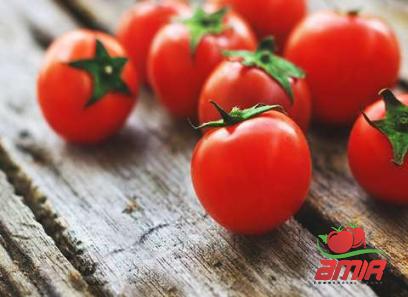 3. **Aids Digestion**: Tomatoes are rich in fiber, which can help regulate bowel movements and prevent constipation in babies. 4. **Provides Antioxidant Protection**: Lycopene and other antioxidants in tomato paste protect your baby’s cells from damage caused by free radicals, promoting long-term health. 5. **Enhances Blood Health**: Vitamin K in tomato paste plays a crucial role in blood clotting, ensuring that your baby’s blood can properly coagulate when needed. **How to Incorporate Tomato Paste into Your Baby’s Diet** Introducing tomato paste into your baby’s diet can be a delicious and nutritious addition to their meals. Here are some simple ways to incorporate tomato paste into your baby’s diet: 1. **Mix it with Purees**: Add a spoonful of tomato paste to your baby’s vegetable or meat purees to enhance the flavor and nutritional content. 2. **Blend it into Soups**: Tomatoes are a popular ingredient in soups, and adding tomato paste can boost the flavor and nutritional value of your baby’s soup. 3. **Stir into Pasta Sauce**: Create a homemade pasta sauce with tomato paste, vegetables, and herbs for a tasty meal that your baby will love. 4. **Spread on Bread**: Mix tomato paste with avocado or cream cheese to create a nutrient-rich spread for your baby’s toast or sandwiches. 5. **Dip for Finger Foods**: Use tomato paste as a dip for your baby’s vegetable sticks or crackers for a fun and nutritious snack. When introducing tomato paste to your baby, start with small amounts to gauge their reaction. Some babies may be sensitive to tomatoes, so watch for any signs of allergies such as rashes or digestive issues. Consult with your pediatrician if you have any concerns about introducing new foods to your baby. **Conclusion** In conclusion, tomato paste is a versatile and nutrient-dense ingredient that can benefit your baby’s health and development. Packed with essential vitamins, minerals, and antioxidants, tomato paste offers a range of health benefits for your little one. By incorporating tomato paste into your baby’s diet through purees, soups, sauces, and spreads, you can introduce them to a flavorful and nutritious food that will support their growth and well-being. Remember to introduce new foods gradually and observe how your baby responds. As with any new food, it’s essential to monitor for any signs of allergies or sensitivities. With the right approach, tomato paste can become a valuable addition to your baby’s diet, providing them with the nutrition they need to thrive.
3. **Aids Digestion**: Tomatoes are rich in fiber, which can help regulate bowel movements and prevent constipation in babies. 4. **Provides Antioxidant Protection**: Lycopene and other antioxidants in tomato paste protect your baby’s cells from damage caused by free radicals, promoting long-term health. 5. **Enhances Blood Health**: Vitamin K in tomato paste plays a crucial role in blood clotting, ensuring that your baby’s blood can properly coagulate when needed. **How to Incorporate Tomato Paste into Your Baby’s Diet** Introducing tomato paste into your baby’s diet can be a delicious and nutritious addition to their meals. Here are some simple ways to incorporate tomato paste into your baby’s diet: 1. **Mix it with Purees**: Add a spoonful of tomato paste to your baby’s vegetable or meat purees to enhance the flavor and nutritional content. 2. **Blend it into Soups**: Tomatoes are a popular ingredient in soups, and adding tomato paste can boost the flavor and nutritional value of your baby’s soup. 3. **Stir into Pasta Sauce**: Create a homemade pasta sauce with tomato paste, vegetables, and herbs for a tasty meal that your baby will love. 4. **Spread on Bread**: Mix tomato paste with avocado or cream cheese to create a nutrient-rich spread for your baby’s toast or sandwiches. 5. **Dip for Finger Foods**: Use tomato paste as a dip for your baby’s vegetable sticks or crackers for a fun and nutritious snack. When introducing tomato paste to your baby, start with small amounts to gauge their reaction. Some babies may be sensitive to tomatoes, so watch for any signs of allergies such as rashes or digestive issues. Consult with your pediatrician if you have any concerns about introducing new foods to your baby. **Conclusion** In conclusion, tomato paste is a versatile and nutrient-dense ingredient that can benefit your baby’s health and development. Packed with essential vitamins, minerals, and antioxidants, tomato paste offers a range of health benefits for your little one. By incorporating tomato paste into your baby’s diet through purees, soups, sauces, and spreads, you can introduce them to a flavorful and nutritious food that will support their growth and well-being. Remember to introduce new foods gradually and observe how your baby responds. As with any new food, it’s essential to monitor for any signs of allergies or sensitivities. With the right approach, tomato paste can become a valuable addition to your baby’s diet, providing them with the nutrition they need to thrive.
…
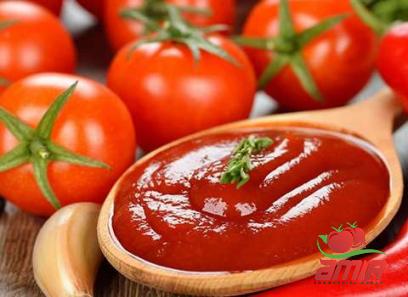 **Safety Considerations and Tips for Introducing Tomato Paste to Babies** While tomato paste can offer numerous health benefits for babies, it’s essential to follow some safety considerations and tips when introducing it into their diet. Here are some key points to keep in mind: 1. **Introduce Gradually**: Start with small amounts of tomato paste and monitor your baby’s reaction. This will help you identify any potential allergies or sensitivities early on. 2. **Choose High-Quality Tomato Paste**: Opt for organic or homemade tomato paste with no added sugars, salt, or preservatives. This ensures that your baby is getting a pure and nutritious product. 3. **Watch for Allergic Reactions**: Common signs of food allergies in babies include rashes, hives, vomiting, diarrhea, or difficulty breathing. If you notice any of these symptoms, discontinue feeding tomato paste and consult a healthcare provider. 4. **Consult with Your Pediatrician**: Before introducing tomato paste or any new food to your baby, it’s advisable to consult with your pediatrician. They can provide guidance tailored to your baby’s specific needs and dietary requirements. 5. **Avoid Cross-Contamination**: When preparing dishes with tomato paste for your baby, ensure that utensils, cutting boards, and surfaces are thoroughly cleaned to prevent cross-contamination with allergens or harmful bacteria. 6. **Monitor Sodium Intake**: Some commercial tomato paste products may contain added salt, which can be harmful to babies in excess. Opt for low-sodium or no-salt-added options, or consider making your own tomato paste at home to control the salt content. 7. **Consider Age Appropriateness**: While tomato paste is generally safe for babies, it’s advisable to introduce it to older infants who have already started eating solid foods. Babies around 6-8 months old who have tried a variety of fruits and vegetables are typically ready to explore tomato paste. 8. **Combine with Other Nutrient-Dense Foods**: To maximize the nutritional benefits of tomato paste, combine it with other nutrient-dense foods like leafy greens, lean proteins, whole grains, and healthy fats in your baby’s meals. By following these safety considerations and tips, you can introduce tomato paste to your baby’s diet in a safe and enjoyable way, reaping the benefits of this nutritious ingredient while minimizing potential risks.
**Safety Considerations and Tips for Introducing Tomato Paste to Babies** While tomato paste can offer numerous health benefits for babies, it’s essential to follow some safety considerations and tips when introducing it into their diet. Here are some key points to keep in mind: 1. **Introduce Gradually**: Start with small amounts of tomato paste and monitor your baby’s reaction. This will help you identify any potential allergies or sensitivities early on. 2. **Choose High-Quality Tomato Paste**: Opt for organic or homemade tomato paste with no added sugars, salt, or preservatives. This ensures that your baby is getting a pure and nutritious product. 3. **Watch for Allergic Reactions**: Common signs of food allergies in babies include rashes, hives, vomiting, diarrhea, or difficulty breathing. If you notice any of these symptoms, discontinue feeding tomato paste and consult a healthcare provider. 4. **Consult with Your Pediatrician**: Before introducing tomato paste or any new food to your baby, it’s advisable to consult with your pediatrician. They can provide guidance tailored to your baby’s specific needs and dietary requirements. 5. **Avoid Cross-Contamination**: When preparing dishes with tomato paste for your baby, ensure that utensils, cutting boards, and surfaces are thoroughly cleaned to prevent cross-contamination with allergens or harmful bacteria. 6. **Monitor Sodium Intake**: Some commercial tomato paste products may contain added salt, which can be harmful to babies in excess. Opt for low-sodium or no-salt-added options, or consider making your own tomato paste at home to control the salt content. 7. **Consider Age Appropriateness**: While tomato paste is generally safe for babies, it’s advisable to introduce it to older infants who have already started eating solid foods. Babies around 6-8 months old who have tried a variety of fruits and vegetables are typically ready to explore tomato paste. 8. **Combine with Other Nutrient-Dense Foods**: To maximize the nutritional benefits of tomato paste, combine it with other nutrient-dense foods like leafy greens, lean proteins, whole grains, and healthy fats in your baby’s meals. By following these safety considerations and tips, you can introduce tomato paste to your baby’s diet in a safe and enjoyable way, reaping the benefits of this nutritious ingredient while minimizing potential risks.
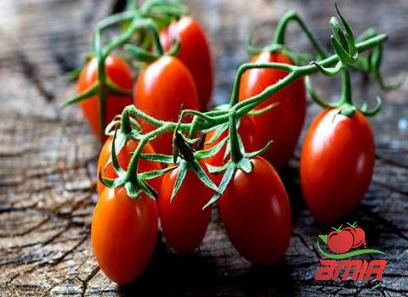
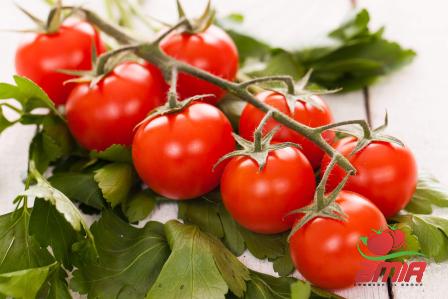
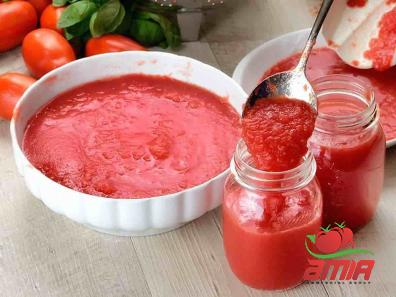
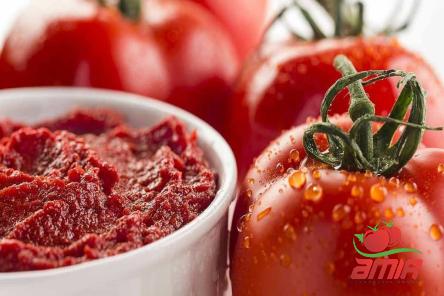
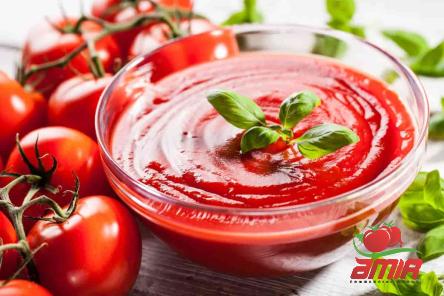
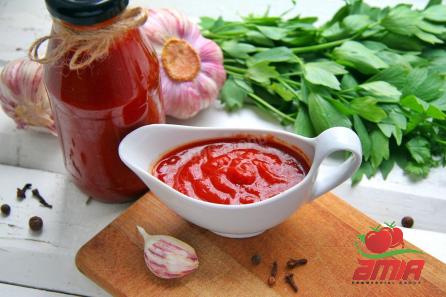
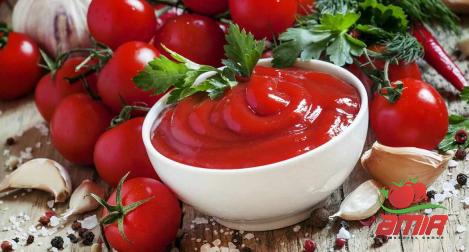
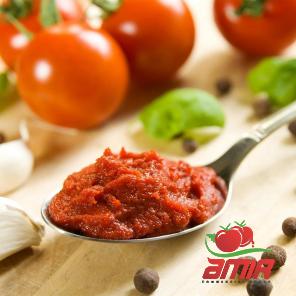
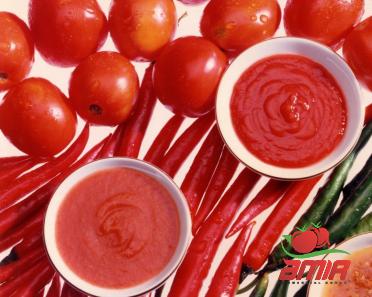
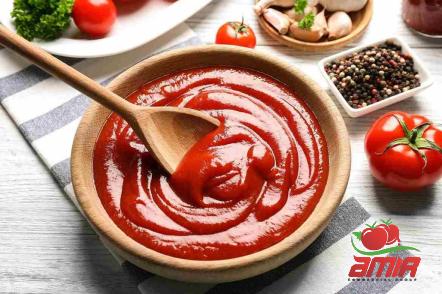
Your comment submitted.